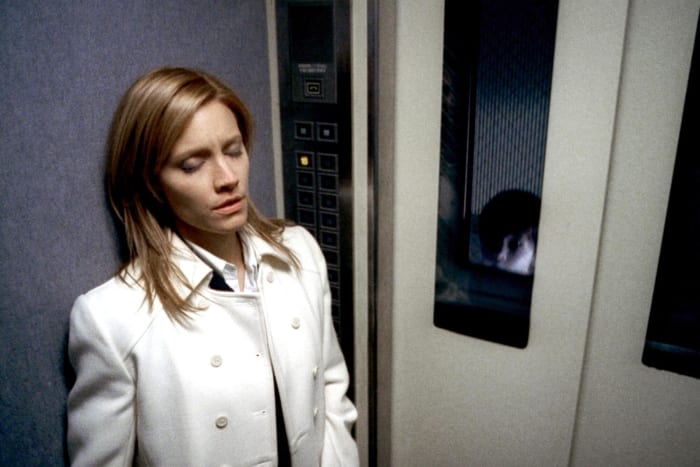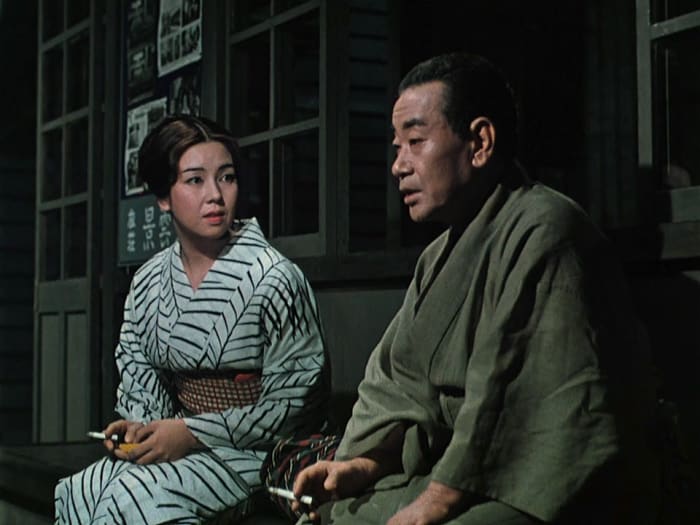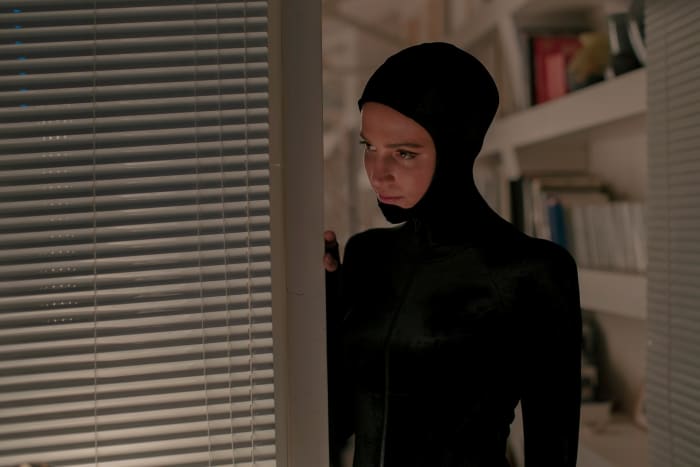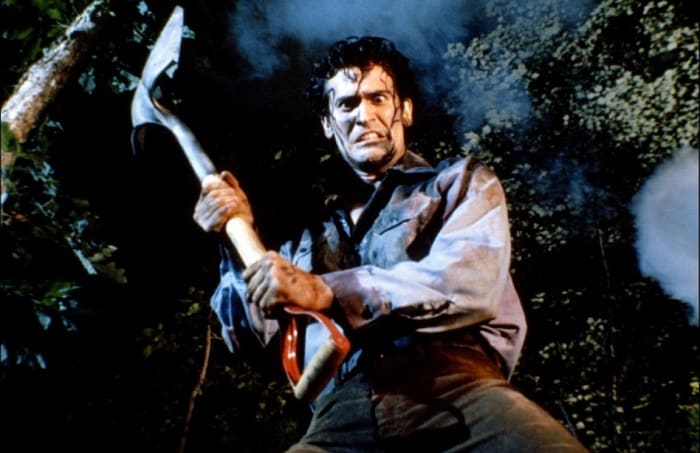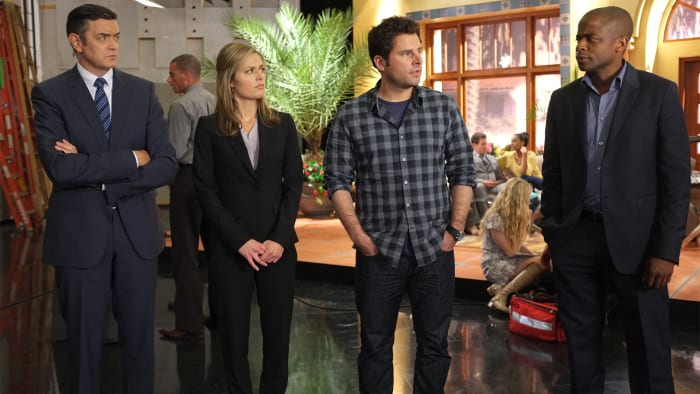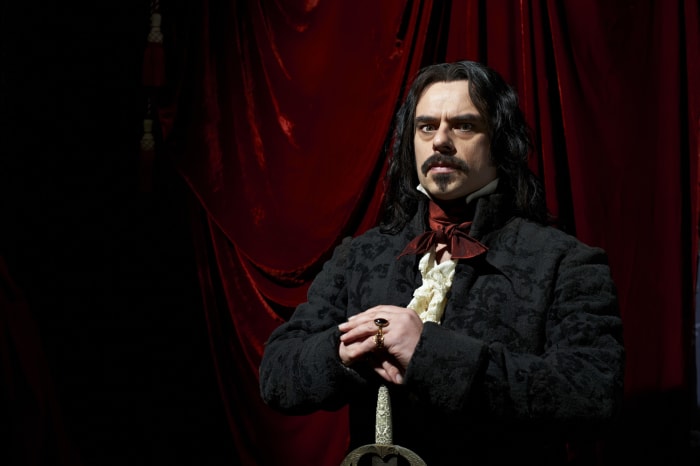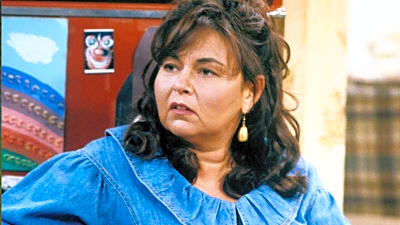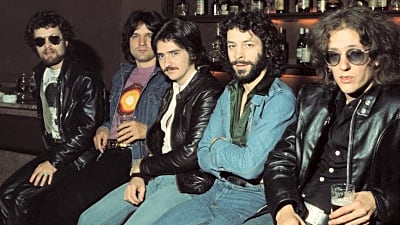x

David Livingston/Getty Images for AFI
Creative artists who have remade their own works
Not every creator is of the “set it and forget it” sensibility. They like to tweak their work, for better or (often) for worse. Some have even straight-up remade their own work. These are just some of the entertainers who have remade their work to some degree. We aren’t including continuations of shows from creators or musicians who have done standard remasterings of their work.
More must-reads:
- 20 celebrities who became legitimately famous from TikTok
- 20 famous stars who couldn't get cast on 'SNL'
Customize Your Newsletter
 +
+
Get the latest news and rumors, customized to your favorite sports and teams. Emailed daily. Always free!










